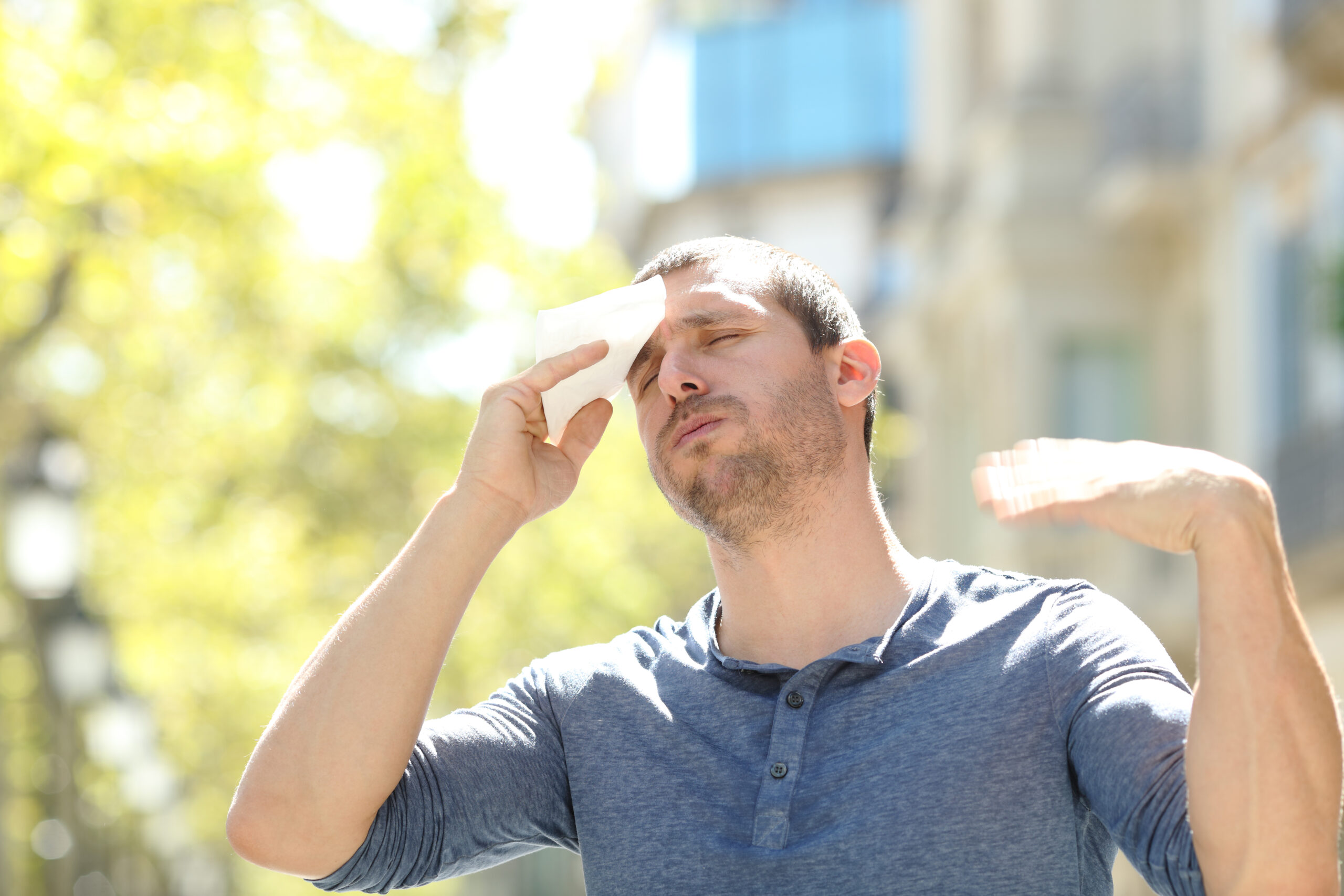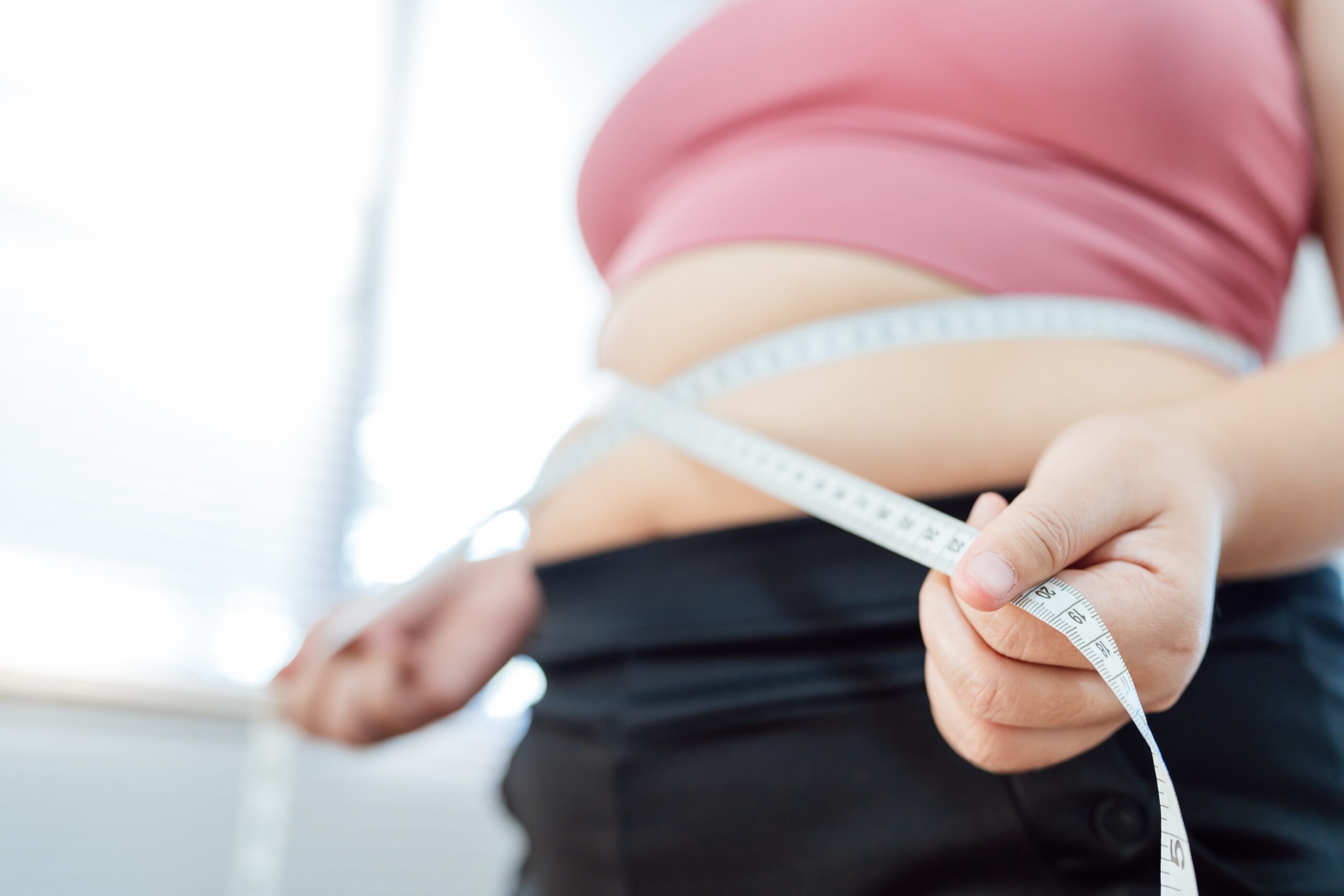Heat is not just uncomfortable—it may be the most underestimated threat to your heart, especially if you’re over 40 and think you’re in the clear after a brisk morning walk.
Story Highlights
- Extreme heat increases the risk of heart-related illnesses and death, especially for older adults and those with underlying heart conditions.
- Heat-induced dehydration and electrolyte imbalances can push even a healthy heart toward dangerous territory.
- Socioeconomic status and limited access to care sharply amplify these heart risks in vulnerable populations.
- Simple lifestyle changes and early symptom monitoring can be literal lifesavers during heatwaves.
The Heart’s Hidden Battle Against Heat
Every summer, as the mercury climbs, so does the threat to your cardiovascular health. When the body senses heat, it reroutes blood to the skin’s surface to cool off—a process called peripheral vasodilation. This leads to lower blood pressure and a spike in heart rate, forcing your heart to work overtime to maintain equilibrium. For anyone with underlying heart valve or rhythm issues, this extra demand can become a tipping point toward heart failure, particularly if dehydration enters the mix.
Older adults, especially those on diuretics or managing chronic conditions like diabetes and hypertension, have fewer physiological reserves to handle these surges in demand. The heart’s compensatory mechanisms falter, raising the specter of serious cardiac events. And as heatwaves linger longer and strike more frequently, these risks are projected only to climb higher over the next two decades.
Why Heat Hits Hardest Where It Hurts Most
Cardiovascular risk is not distributed equally. Those living in low-income communities or lacking regular healthcare access face a double jeopardy: higher exposure to heat without the resources to escape it or treat its effects. Recent research underscores that social determinants—where you live, your income, your access to care—are as critical as genetics or lifestyle in predicting who succumbs to heat-related heart problems.
For these populations, air conditioning is not a given, and seeking prompt medical attention for symptoms like shortness of breath or chest pain can be complicated by cost, transportation, or simply lack of awareness. The result: an outsized share of preventable cardiac emergencies and fatalities during heatwaves.
Distinguishing Heat Exhaustion from Cardiac Red Flags
Heat exhaustion and a true cardiac event can look deceptively similar. Heavy sweating, fatigue, dizziness, and nausea are common to both. But when symptoms escalate—chest pain, confusion, palpitations, or shortness of breath with routine activity—the calculus changes. These are warning bells that the heart itself may be faltering, especially in those already at risk for valve disease or arrhythmias.
Rapid weight gain, swelling in the legs, or difficulty lying flat can signal heart valve failure, an insidious condition that can worsen swiftly when compounded by the strain of extreme heat. When in doubt, immediate medical evaluation is the only sensible course.
Everyday Strategies for Heart Resilience in Extreme Heat
Protecting your heart during heatwaves is not complicated, but it does demand vigilance. Stay hydrated with water, not caffeine or alcohol. Avoid strenuous outdoor activity during peak heat; early mornings or evenings are safest. Seek air-conditioned spaces or, failing that, cool showers and light, breathable clothing. For those on heart medications, discuss with your doctor whether dose adjustments are necessary when temperatures soar.
Perhaps the most important step: do not wait for symptoms to escalate. Routine screenings can catch heart valve issues early, well before extreme heat puts them to the test. Prevention remains the best medicine, especially for those with family histories of early heart problems or existing chronic diseases. The lesson is clear—when it comes to your heart, a little preparation goes a long way, and complacency under the summer sun can carry a steep price.
Sources:
Healthline: What to Know About Staying Heart Healthy During Extreme Heat
Scientific Reports: Social Determinants of Health and Cardiovascular Risk
American Heart Association: When the Heat Rises, So Do Heart Risks








